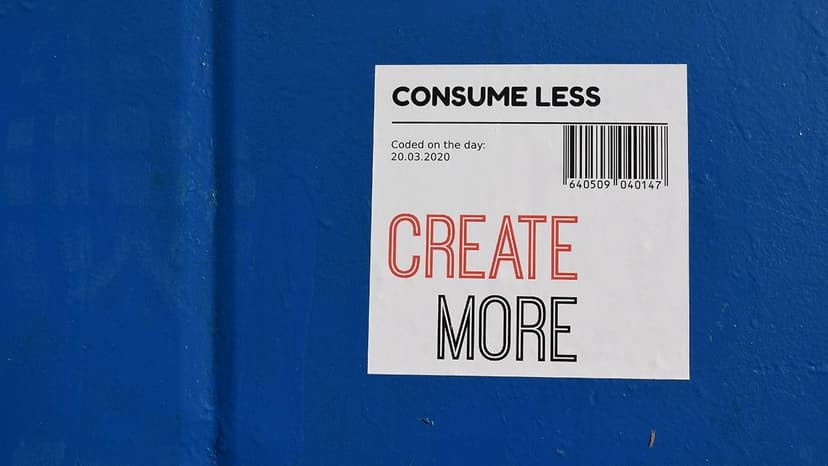What is a Marketing Funnel
A marketing funnel is a visual representation of the stages that a potential customer goes through before making a purchase. It helps businesses understand their customers' journey from awareness to conversion.
Understanding the Marketing Funnel
The marketing funnel is divided into various stages, each representing a specific phase in the customer journey. These stages typically include:
-
Awareness: Customers become aware of a product or service. This stage focuses on creating brand recognition.
-
Interest: Customers research and gather information about the product or service. Businesses should provide compelling content to maintain interest.
-
Consideration: Customers evaluate different options to see if the product meets their needs. Detailed information and testimonials can aid in their decision-making.
-
Conversion: This is the stage where customers decide to purchase the product or service. Providing a seamless buying experience is crucial here.
-
Retention: After a purchase, businesses focus on retaining customers. Excellent customer service and relationship-building increase satisfaction.
-
Advocacy: Satisfied customers become brand advocates and recommend the product or service to others. Referral programs and loyalty rewards can encourage this.
Importance of the Marketing Funnel
Why is the marketing funnel important for businesses?
-
Targeted Marketing: The marketing funnel helps businesses identify their target audience and tailor marketing efforts effectively.
-
Conversion Optimization: Analyzing the funnel allows businesses to find areas for improvement and optimize conversion rates through data-driven decisions.
-
Customer Journey Mapping: Mapping the customer journey provides insight into customer needs and pain points, helping businesses address them effectively.
-
ROI Measurement: The funnel serves as a framework to measure and evaluate the return on investment (ROI) for marketing activities at each stage.
Implementing a Marketing Funnel
To implement an effective marketing funnel, consider these steps:
-
Identify Target Audience: Define the target audience based on demographics, interests, and behavior.
-
Create Awareness: Develop marketing strategies, such as content marketing and paid advertising, to create awareness about the product or service.
-
Engage and Educate: Provide valuable content to engage potential customers, such as blog posts, videos, or webinars.
-
Convert Leads: Use strategies to convert potential customers into paying customers, including incentives and addressing concerns.
-
Build Relationships: Focus on excellent customer service to foster strong relationships. This includes post-purchase support and loyalty programs.
-
Encourage Advocacy: Cultivate a community of loyal customers and encourage them to advocate for the brand through referrals and testimonials.
Implementing a marketing funnel helps businesses drive customer acquisition and increase conversions. By aligning marketing strategies with each stage of the funnel, businesses can optimize efforts and enhance customer relationships for long-term growth.












